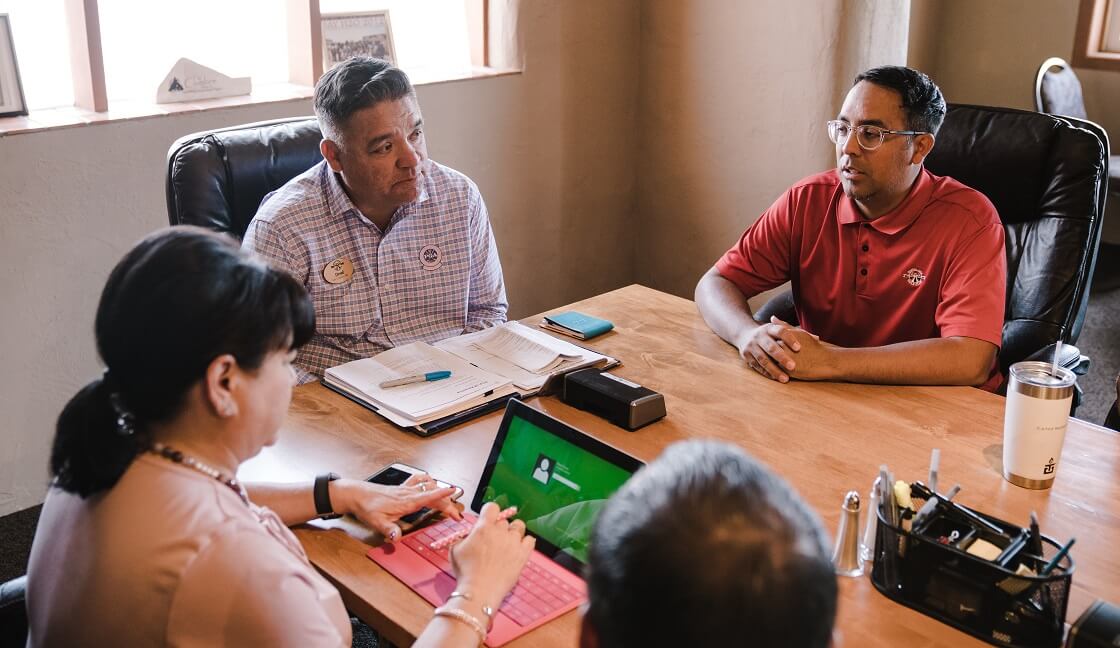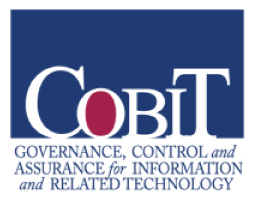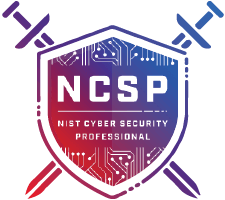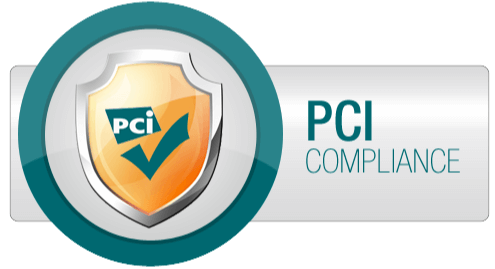Effective coaching encourages collaborative, reflective practice. It supports teachers in improving their capacity to reflect and apply their learning to their work with students, promotes the implementation of learning and improves teachers’ ability to use data to inform practice (Annenberg Foundation for Education Reform, 2004). Ongoing and job-embedded professional development is key when teachers identify areas of focus for support. The University of Kansas Center for Research on Learning provides a framework for coaches and teachers, which aides in identifying a starting point for adult learning. It is referred to as “The Big Four,” which includes:
- Classroom Management
- Content
- Instruction
- Assessment for Learning (Knight, 2009a)
When teachers identify where to start and the instructional strategy they are willing to try, coaching should then continue to support the teacher through data and continuous progress monitoring. Providing support requires explaining current research in the area of focus as well as modeling research-validated instructional strategies for the teacher. Here are some strategies for translating research into practice:
- Clarify: read, write, talk
- Synthesize
- Break it down
- See it through teachers’ (and students’) eyes
Collaborative Exploration of Data (Knight, 2007).
As reflection is integral to successful coaching, take some time to reflect on your overall coaching experience:
- What did you learn and how will you use it in your continued professional practice?
- What was challenging?
- What would you do differently in the future or to expand your personal growth?
References:
Knight, J. (2007.) Instructional coaching: A partnership approach to improving instruction. Thousand Oaks, CA: Corwin Press.
Knight, J. (2009a). The big four: A framework for instructional excellence. Manuscript in preparation.
Knight, J. ( 2009b) Partnership learning: Scientifically proven strategies for fostering dialogue during workshops and presentations. Manuscript in preparation.
Knowles, M.S. (1980) The Modern Practice of Adult Education: From Andragogy to Pedagogy.
Knowles, M. (1990) The adult learner. A neglected species, 4th Edition. Houston: Gulf Publishing.
